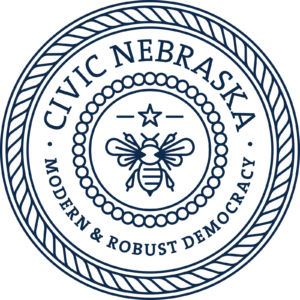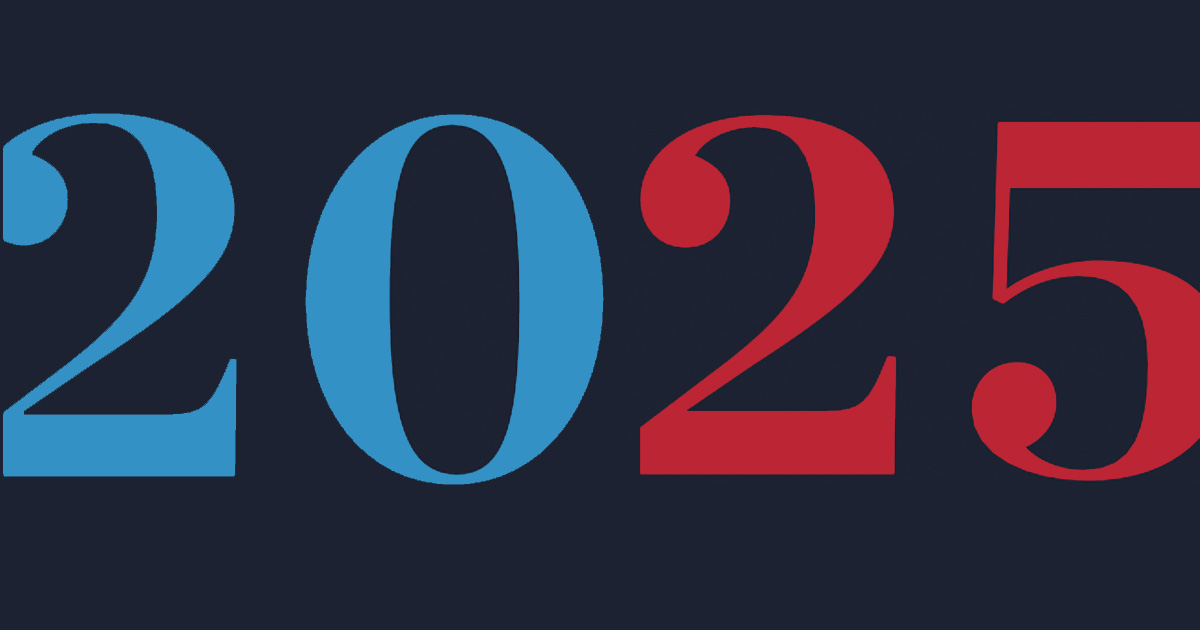The Heritage Foundation, a conservative think tank, has been the subject of many headlines in recent months. The organization’s 922-page report, called Project 2025, outlines actions the next president should take in their first 180 days of office. As a nonprofit organization focused on democracy and voting rights, it’s well within our scope to examine the report and highlight how U.S. elections could be affected if various parts are implemented. Here’s what we found.
Reducing federal assistance for election security (pg. 133):
The Cybersecurity and Infrastructure Security Agency (CISA), created under President Trump’s administration, helps state and local officials secure elections. Project 2025 proposes limiting CISA’s role by restricting its involvement in combating election misinformation and limiting its assistance near election dates. These constraints could leave elections more vulnerable, especially given the rise in cyber attacks and foreign interference.
Adding a citizenship question to the U.S. Census (pg. 680):
The census counts everyone with a usual residence in the United States to determine congressional representation. Adding a citizenship question could discourage noncitizens from participating, leading to an undercount. This could distort population data, skewing redistricting outcomes and creating undemocratic representation.
Raising campaign contribution limits (pg. 866):
Current limits on campaign contributions help reduce the influence of money in politics. However, Project 2025 advocates for significantly higher contribution limits, arguing that current limits are overly restrictive and serve no meaningful anti-corruption purpose. This change could lead to a less balanced political environment and increased corruption.
Shifting prosecution of election offenses to DOJ’s criminal division (pg. 562):
Project 2025 recommends moving the responsibility for prosecuting election-related crimes from the DOJ’s Civil Rights Division to its Criminal Division. This shift could lead to more aggressive prosecutions of election officials and intimidate both election workers and voters, potentially impacting voter turnout and election results.
Discouraging federal agencies from promoting voter access (pg. 749):
Project 2025 suggests federal agencies should avoid assisting with voter registration despite the National Voter Registration Act of 1993, which requires federal agencies to help with voter registration if requested by state governments. For instance, Project 2025 criticizes the Small Business Administration for helping with voter registration, a task it was required to perform because of the state of Michigan’s request.
Conditioning DHS grants upon access to state databases (pg. 138):
Project 2025 proposes that states give the Department of Homeland Security access to their motor vehicle and voter registration databases to receive grant funding. This could interfere not only with how states manage their voter rolls but may also lead to voter purges and doubts about election results.

In short, Project 2025’s proposed actions would significantly impact voting rights in the United States. While these are the sections we’ve highlighted, the report is extensive, and we encourage all Americans to examine it themselves and draw their own conclusions. Thank you for being an informed voter.


